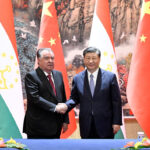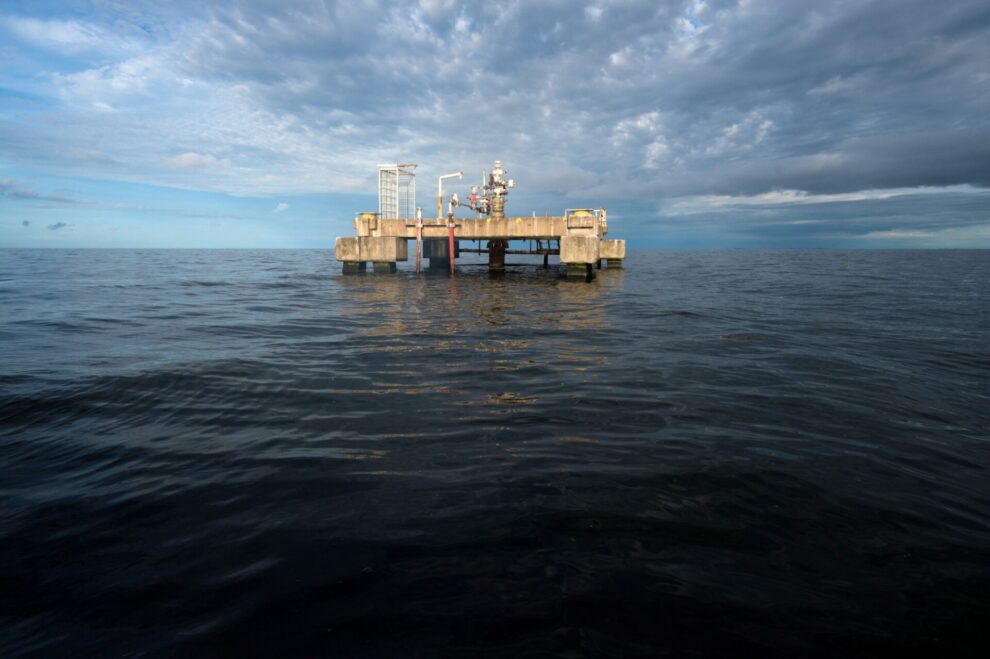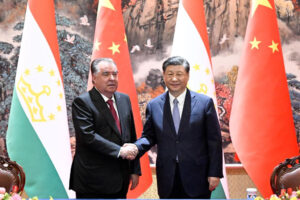Venezuela signed a contract with Etablissements Maurel & Prom SA that will allow the French driller to triple production following the easing of US oil sanctions, according to people with knowledge of the situation.
The contract between the Paris-based company and state-owned Petróleos de Venezuela is the first of its kind for a European energy company in the nation. The agreement offers more operational and financing controls over M&P’s jointly-run ventures with PDVSA, according to the people who asked not to be identified discussing private information.
The project will “increase oil and gas production in Lake Maracaibo, contributing to enhancing the capabilities of our industry,” Oil minister and PDVSA head Pedro Tellechea said in a posting on X, formerly known as Twitter.
The deal also sets conditions to repay $914 million in outstanding debt owed to M&P’s local subsidiary, the company said in a statement.
Shares of M&P jumped by nearly 5% in Paris trading on Wednesday and are up 46% this year.
PDVSA didn’t immediately respond to a request for comment.
So far, Chevron Corp. had been the only foreign company that had been granted similar operational benefits. Italy’s Eni SpA and Spain’s Repsol SA are still in negotiations for similar contracts, the people added.
The Biden administration lifted some sanctions on oil and gas operations in the South American country last month after the Nicolás Maduro government and the opposition agreed to work on a deal for better electoral conditions. The major reversal signals that the Latin American country’s industry is on the brink of being able to pump 200,000 more barrels of crude a day — a roughly 25% jump in production, according to analysts.
Under the deal, M&P aims to increase its current production to 50,000 barrels a day in Zulia state, Venezuela’s oil cradle.
M&P has been expanding its footprint in Venezuela after buying Shell Plc’s 40% stake in a PDVSA’s venture Petroregional del Lago in 2018. The company, majority owned by Indonesia’s Pertamina, is a participant in the $1.5 billion plan to capture PDVSA’s methane emissions.
Venezuela has an opportunity to resuscitate the linchpin of its economy now that international companies have a green light to apply the full weight of their expertise and technology to crude fields and infrastructure that atrophied amid years or underinvestment, civil turmoil and international isolation.
New firms are looking to enter and replace long-standing partners in ventures as Venezuela is expected to both expand its output and steer more of its existing production to refineries in the US, a development that could help contain American gasoline prices ahead of the 2024 presidential campaign.
Source: BNN Bloomberg
















